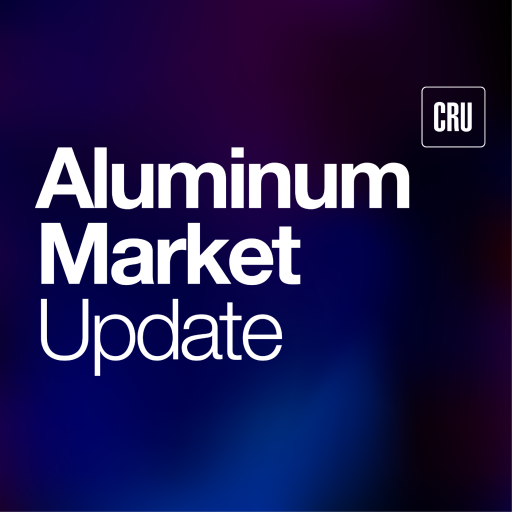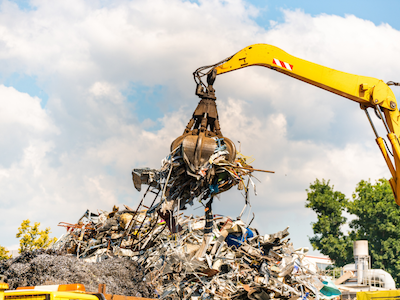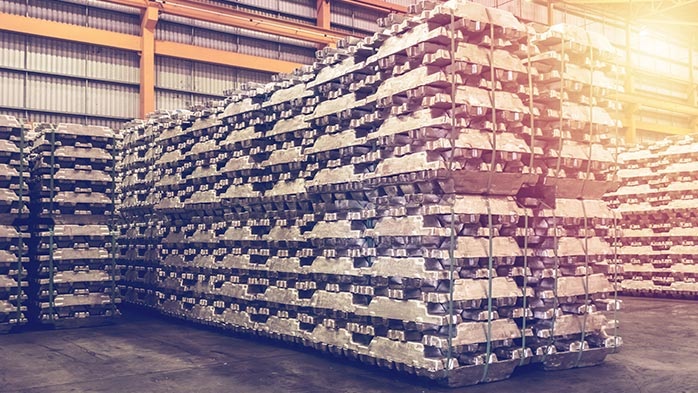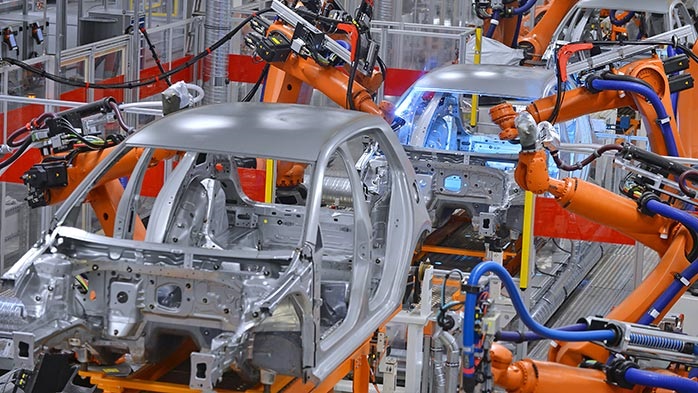Carbon Neutral Initiatives
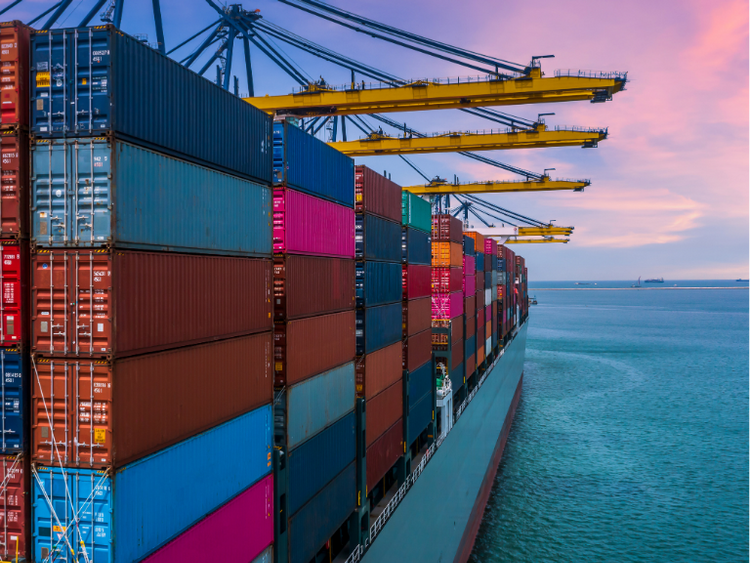
September 8, 2025
Midwest and European premiums favoring Canadian producers
Written by Greg Wittbecker
It has been a difficult year for Canadian producers. They have gone from enjoying complete exemption from Section 232 tariffs to paying 50%. I doubt any business can easily manage through a revenue swing of 60%.
The imposition of the 50% tariff on P1020 has been compounded by its application to the heavily value-added product shipments to the U.S. The duty applied to the upcharges, ranging from 10¢-30¢ per pound (¢/lb), has added financial sting.
However, things are looking up for Canada.
Replacement cost is finally being priced in the Midwest
In recent articles, we have talked about low stocks likely forcing the market to price full replacement costs. It is happening quickly…with Midwest now 73.95¢/lb over the London Metal Exchange (LME) cash settlement.
We might see premiums overshoot full replacement value to jumpstart some fresh, incremental shipments from both Canada and seaborne origins.
European premiums also firmer
When the U.S. duties on Canada went into effect, conventional wisdom was that the diversion of Canadian metal to the Rotterdam duty-paid market would cause the European market to soften. The logic was that incumbent suppliers to European buyers already had contracts in place, and they would not easily surrender market share to the Canadians.
That has not proven the case for several reasons:
- We have had an unexpected fundamental change in the supply of duty-paid metal.
The MOZAL smelter in Mozambique has been unable to negotiate a new, long-term power deal with its electricity supplier and is threatening to fully curtail by the end of Q1 2026. This would eliminate about 314,000 metric tons per year (t/yr) of duty-paid supply to Europe.
- Notwithstanding fresh Canadian imports, supplies in Europe are tightening. Duty-paid premiums are on a six-month high at $230 per ton over the LME cash settlement.
Seaborne suppliers to Europe from multiple origins are complaining about freight costs being higher and needing higher CIF premiums to justify shipping more.
- The lack of contango on the LME has discouraged both producers and traders from financing metal afloat that is not sold.
This has encouraged the evolution of “artificial contangos” I wrote about last week. If the LME won’t provide the necessary contango to finance, then the market boosts forward premiums to cover the cost.
- It is a bit early to really price it in, but I do think the market is starting to think about the advent of the Carbon Border Adjustment Mechanism (CBAM).
Doing so may start to push low-carbon origin metal higher. Canadian, Icelandic, and Norwegian origin metal will benefit from this.
Why this matters
Midwest and Rotterdam duty-paid settlements rising concurrently is the best of all worlds for the Canadian producer. It gives them optionality to go either south or east with netback getting better on an FOB smelter basis.
The timing is also good since we have major trade conferences coming up fast and initial negotiations for 2026 will get started.
It is always nice to go into those talks with premiums rising if you are the producer.



